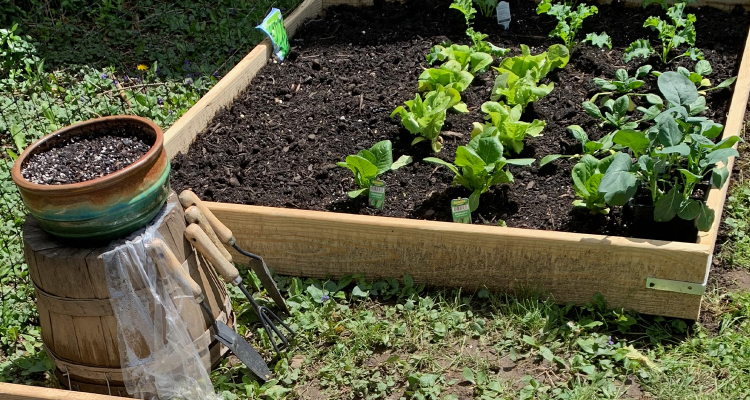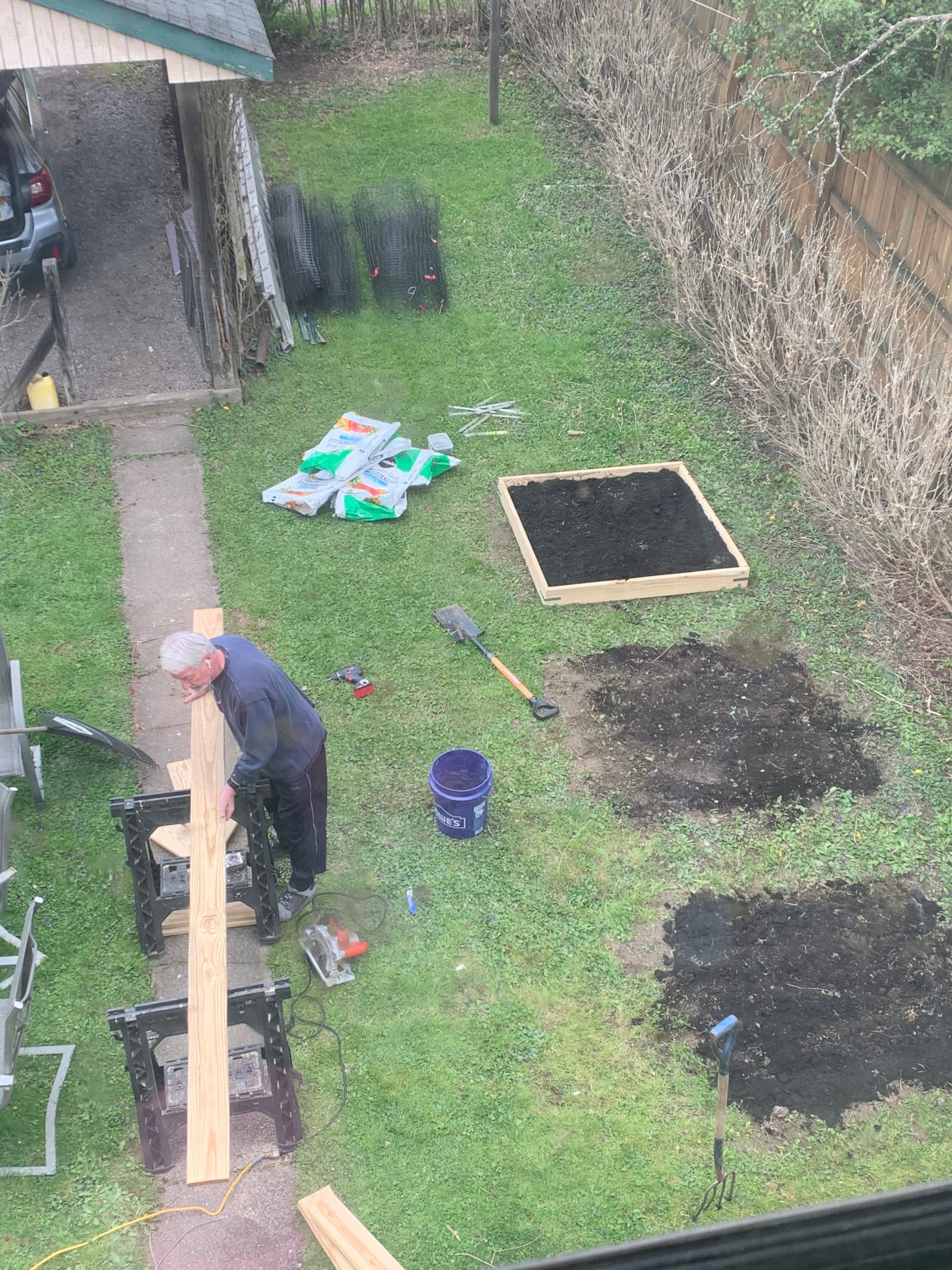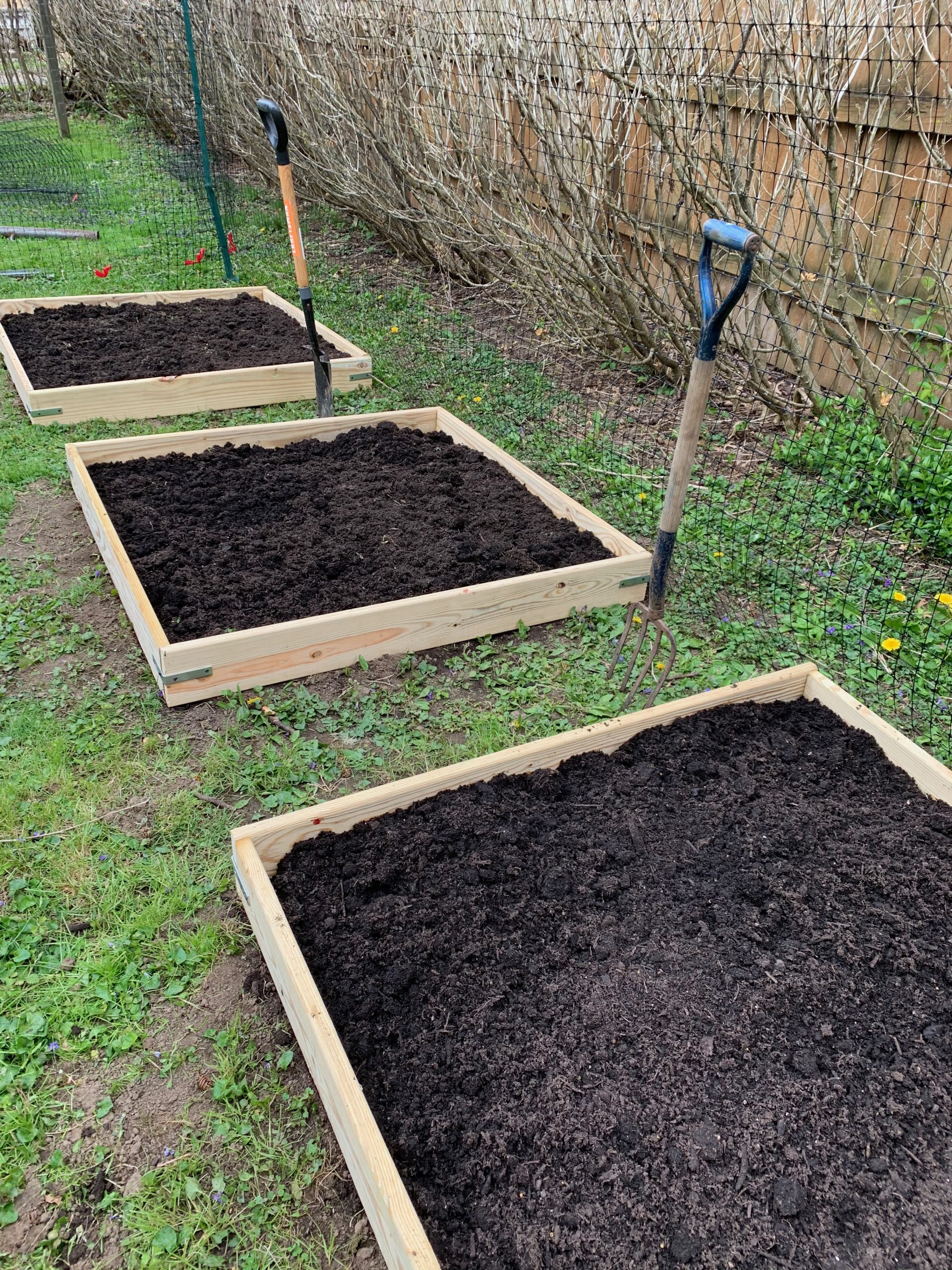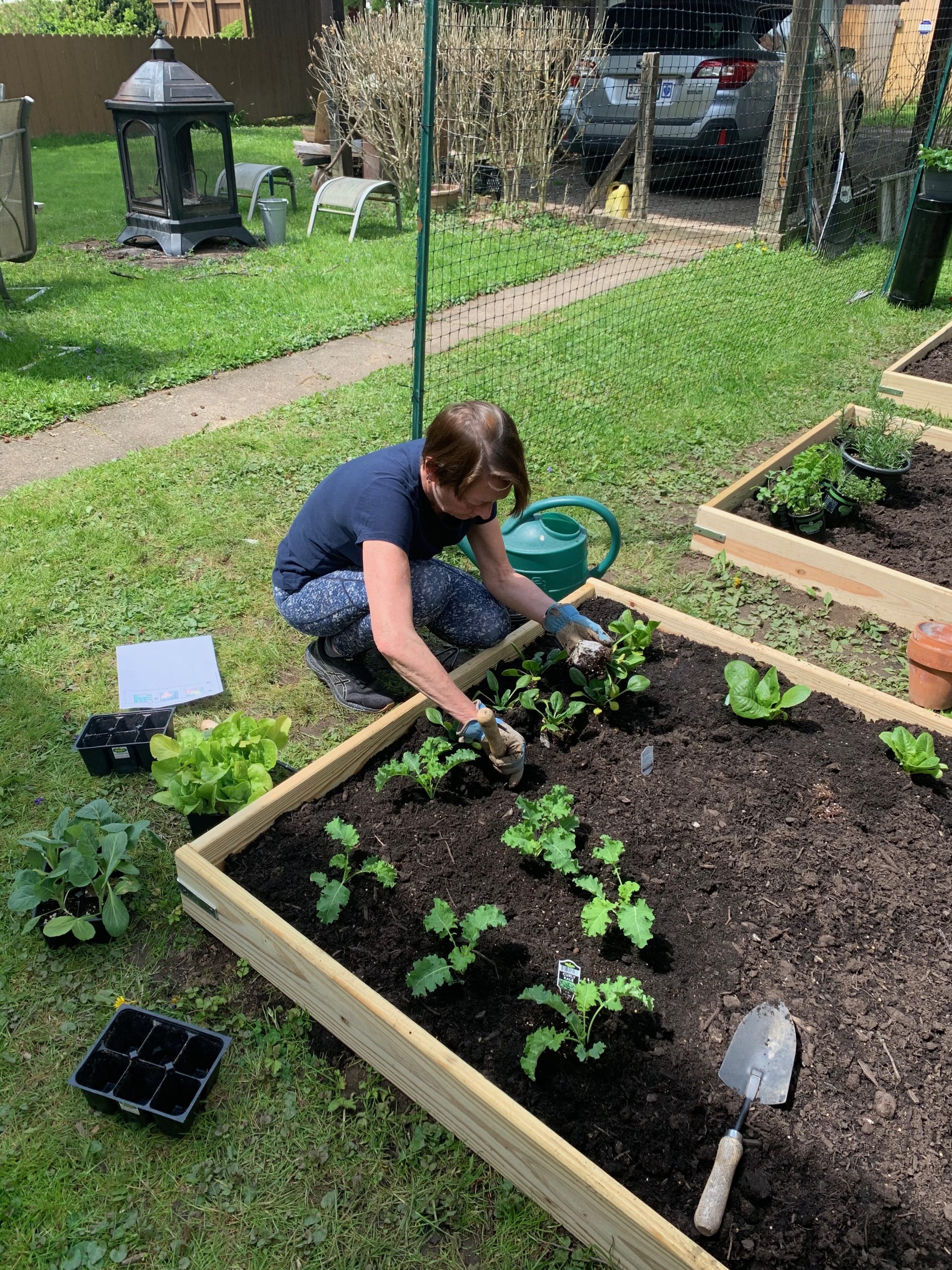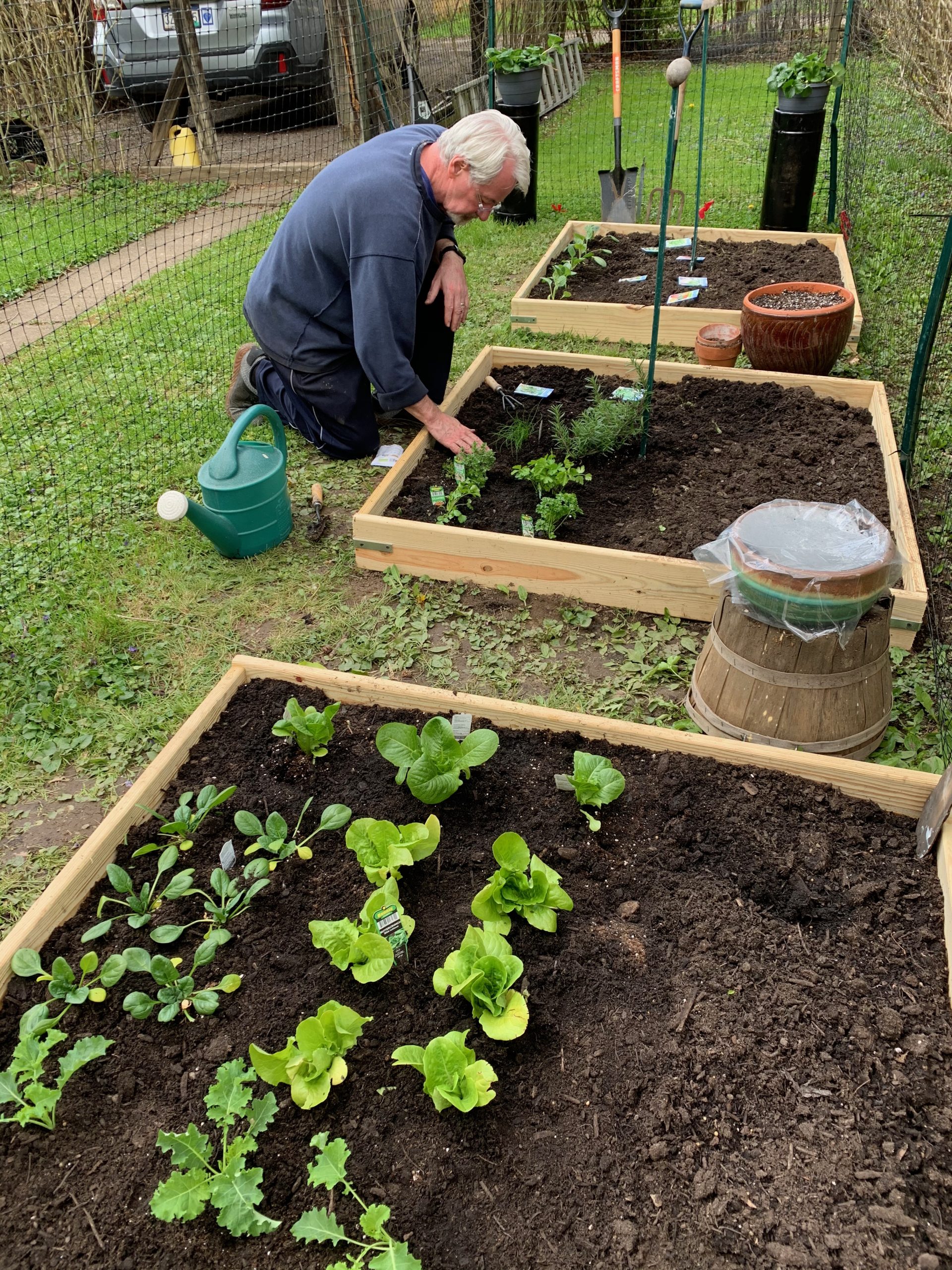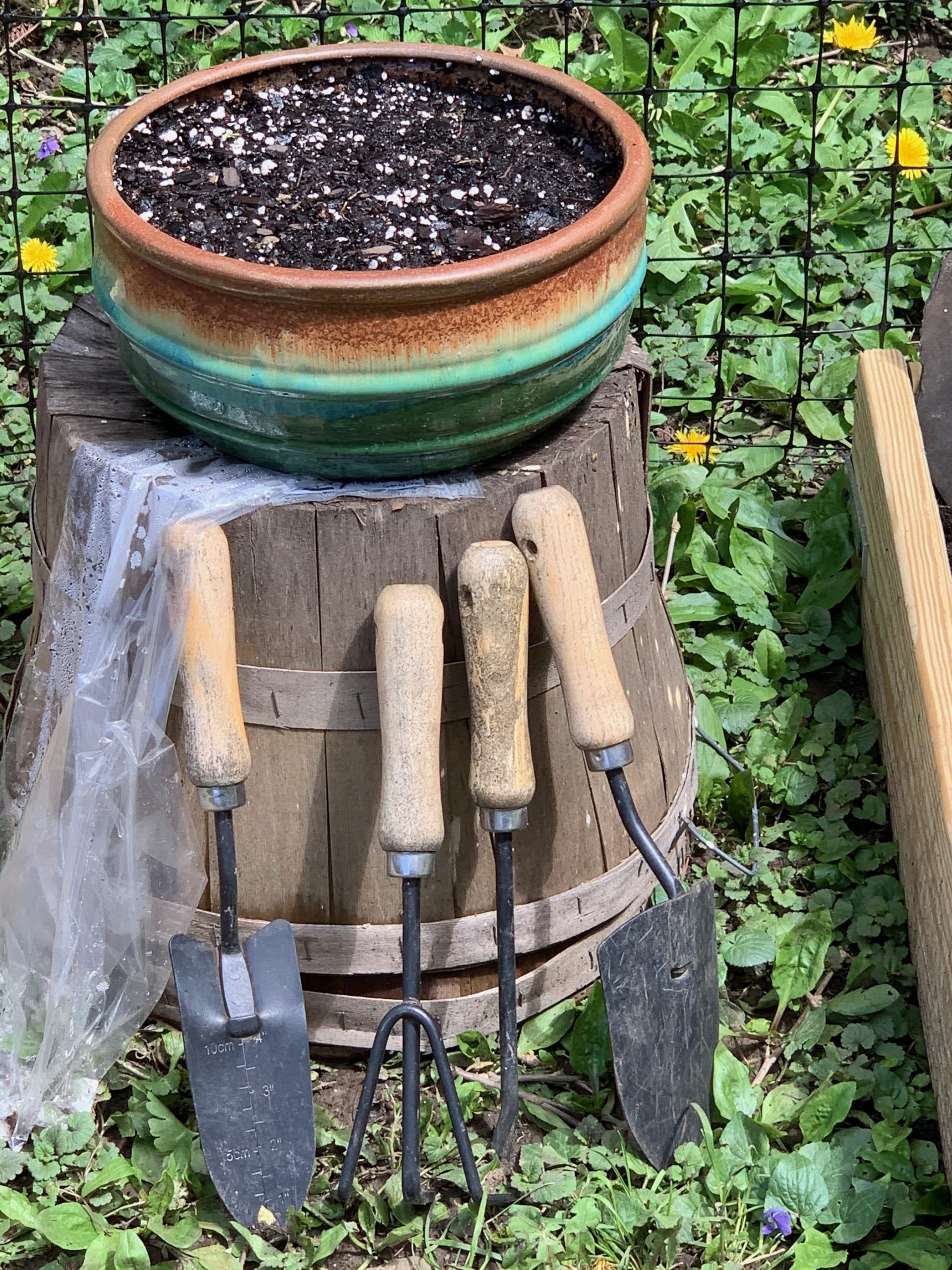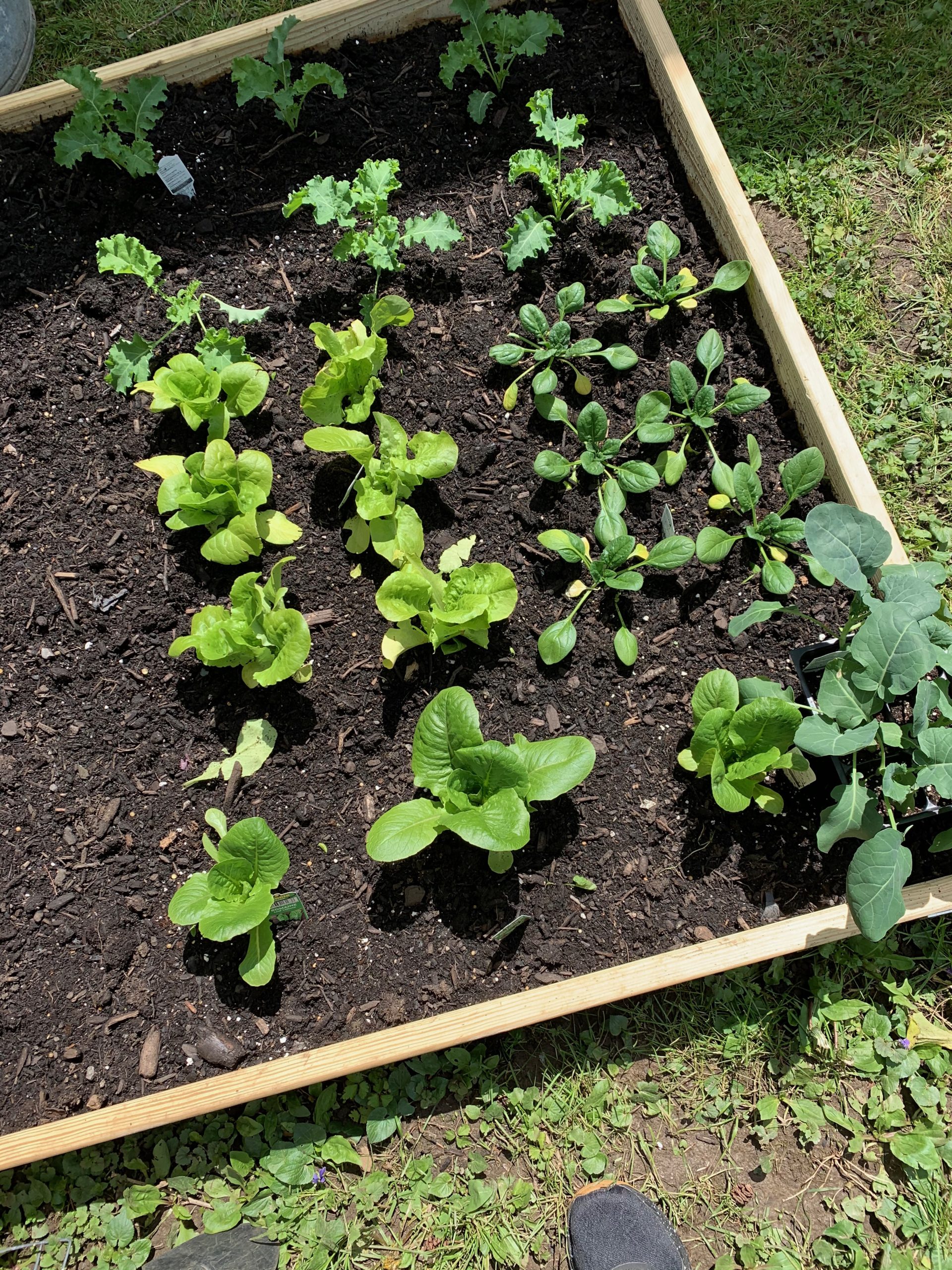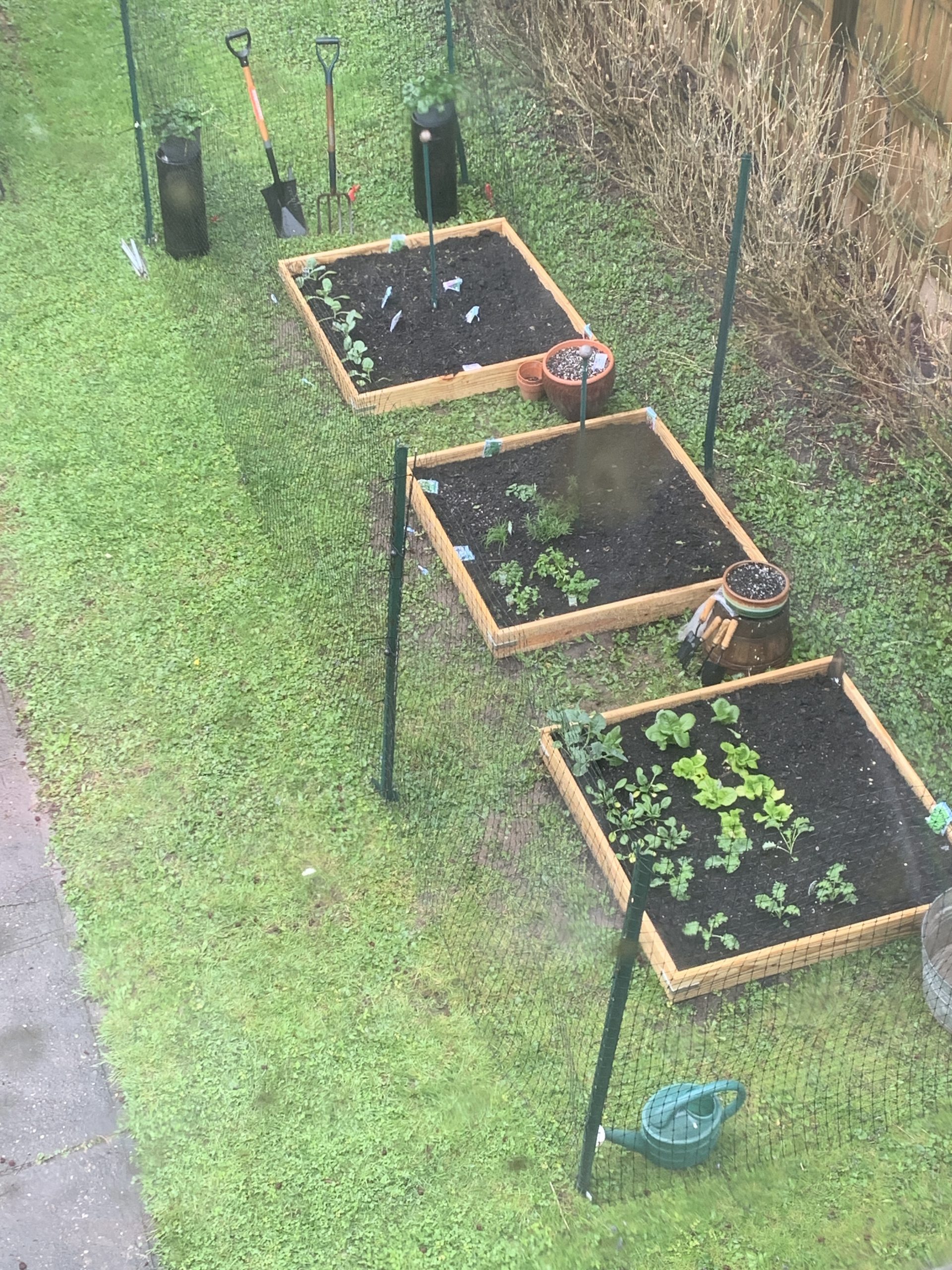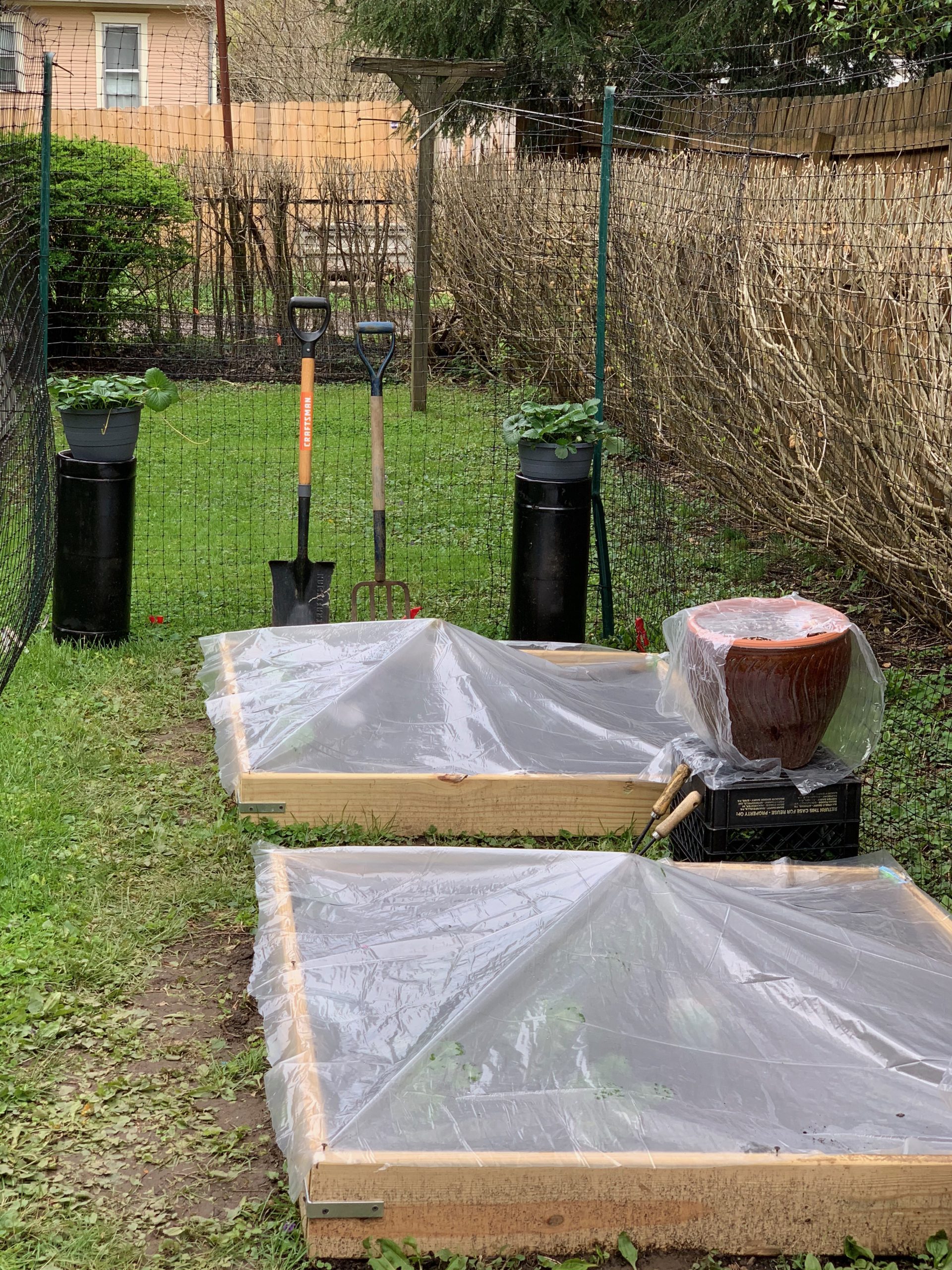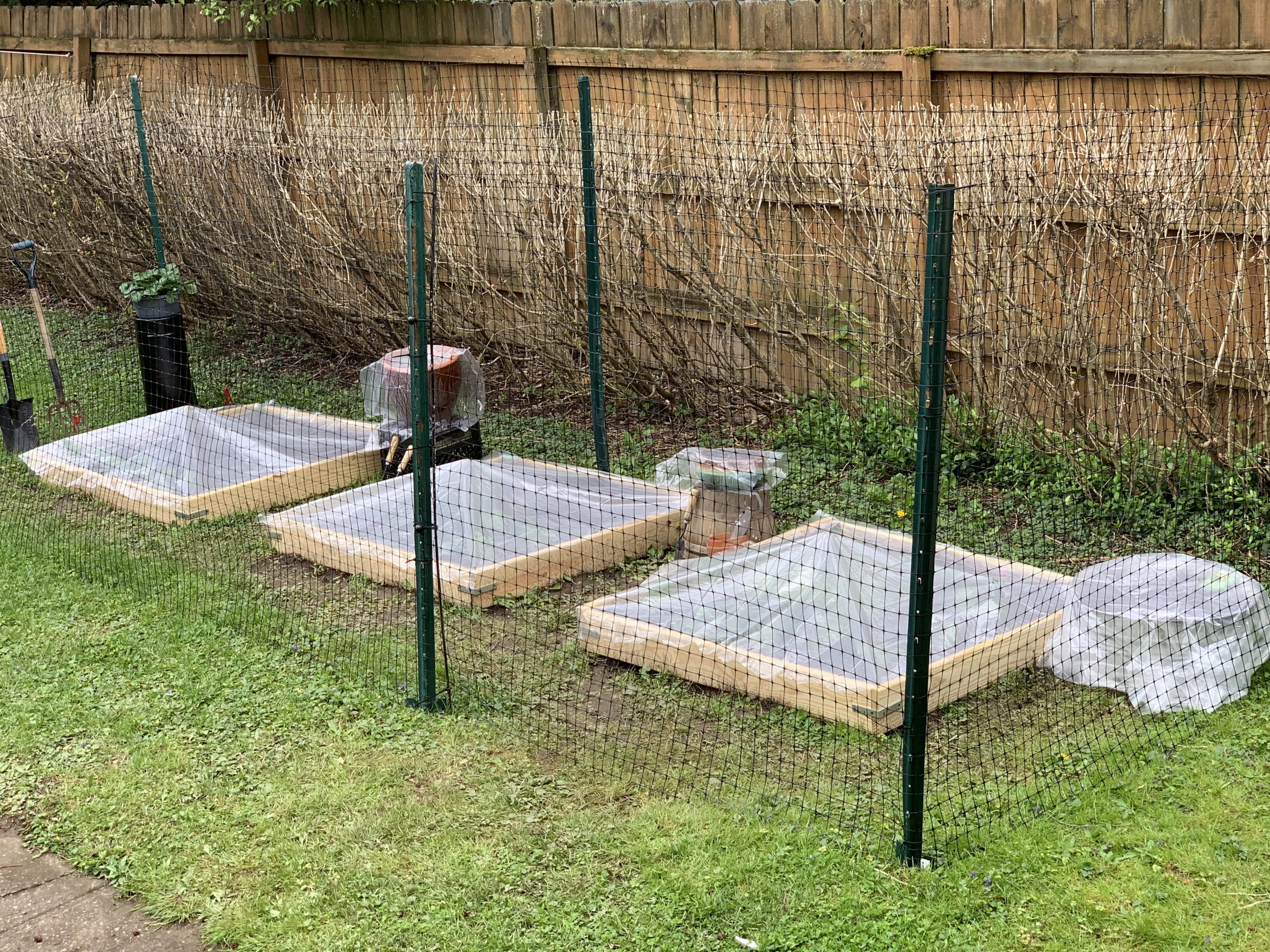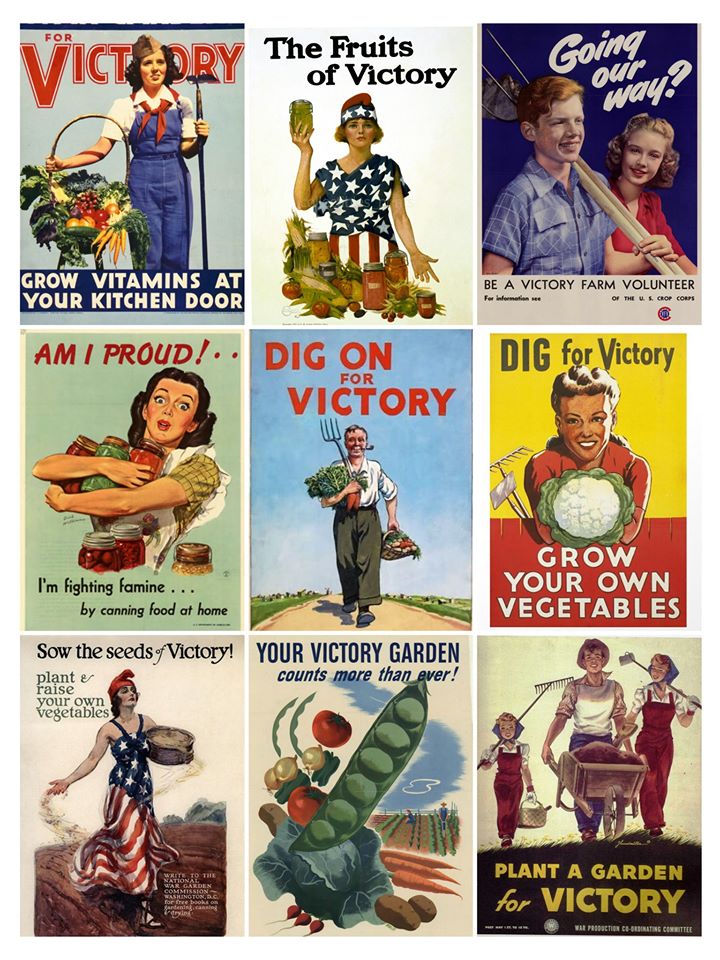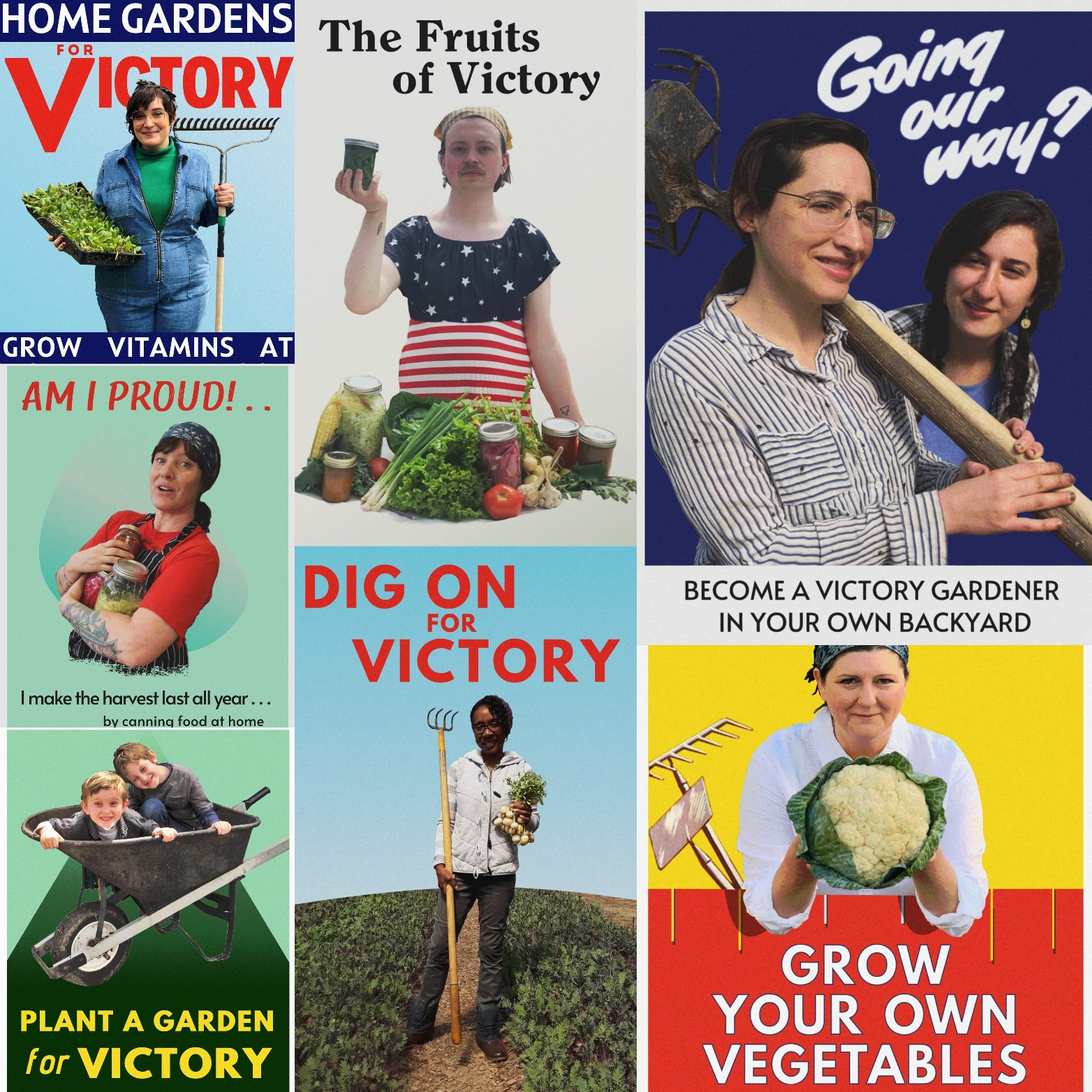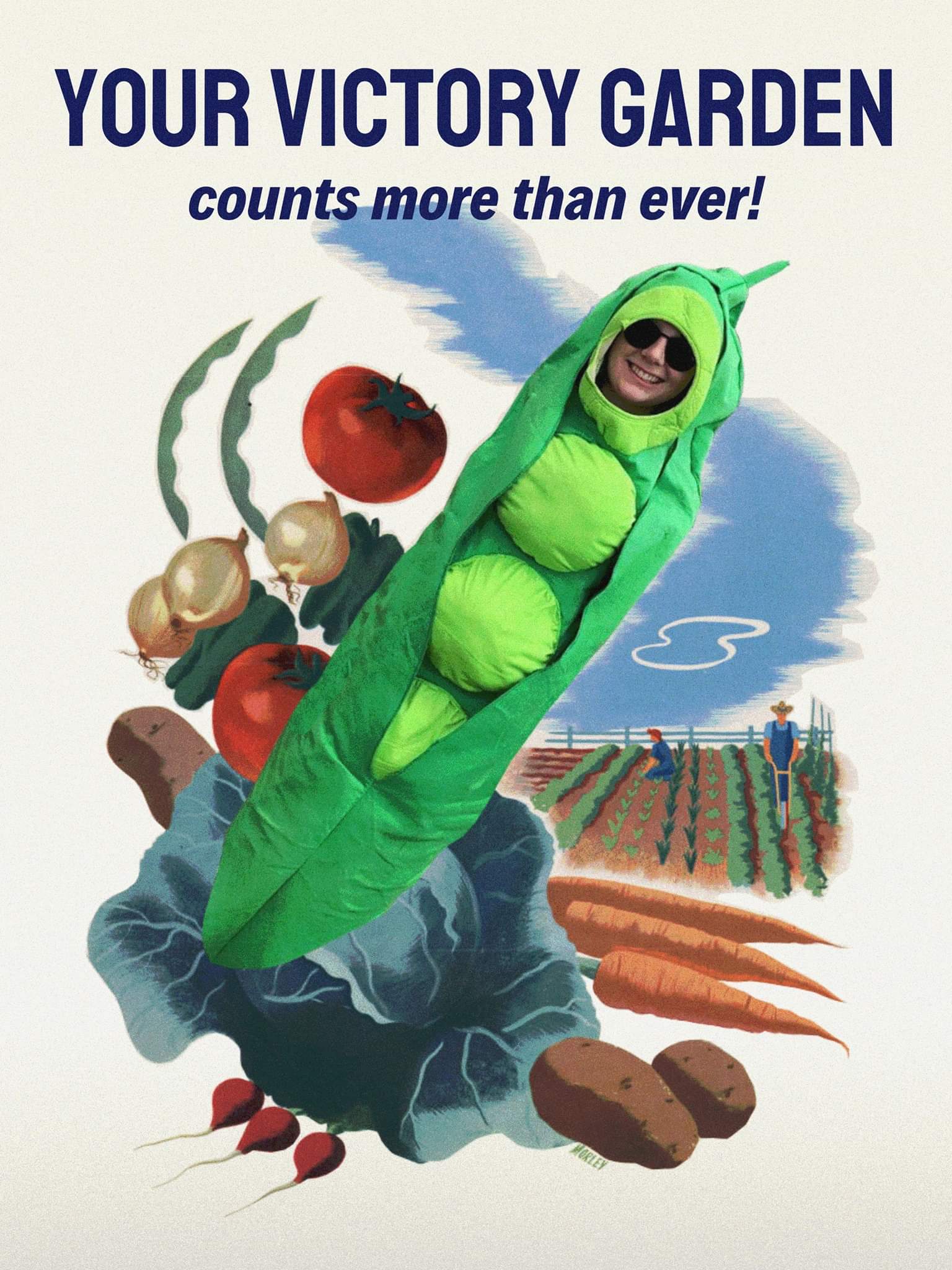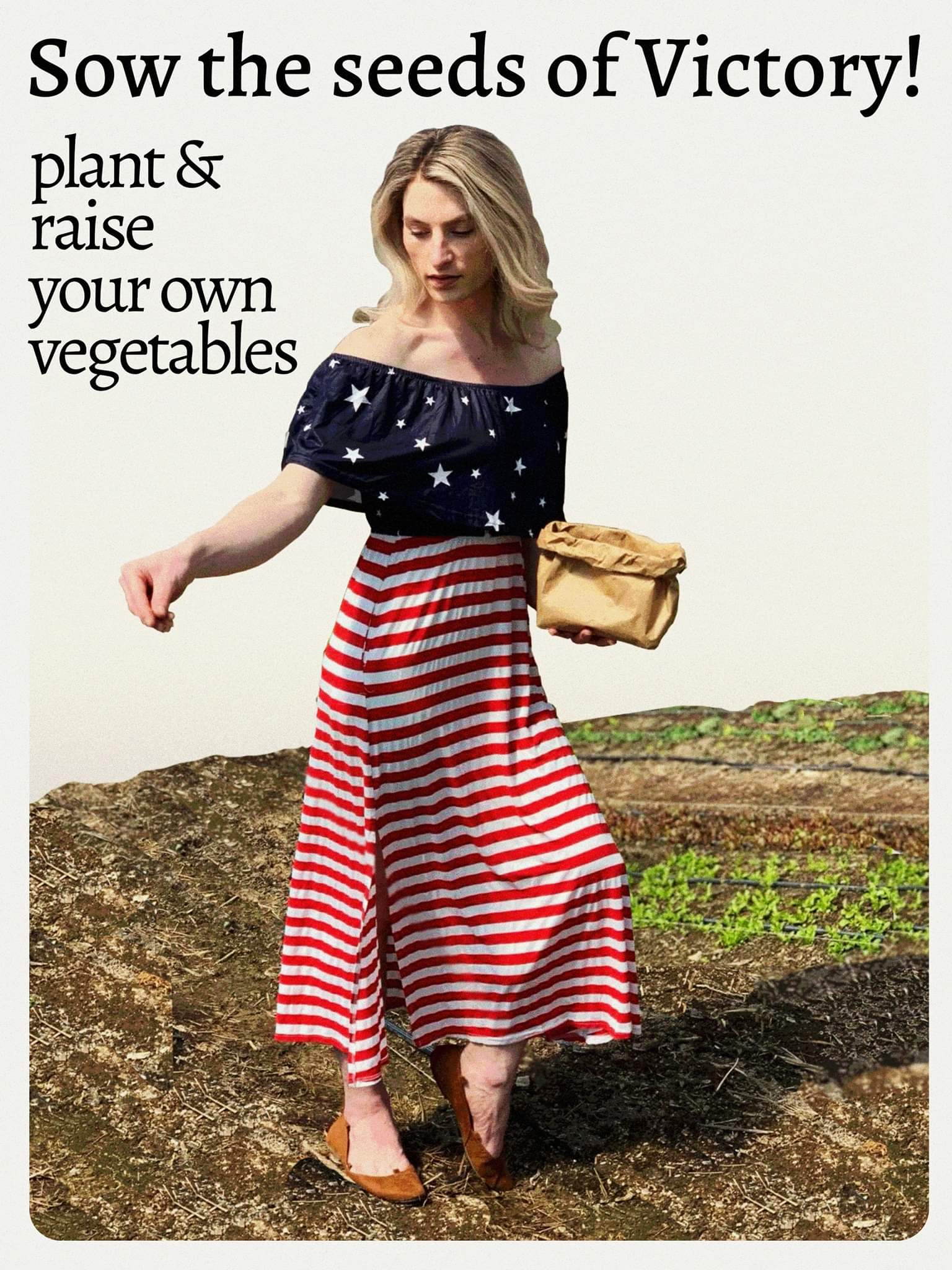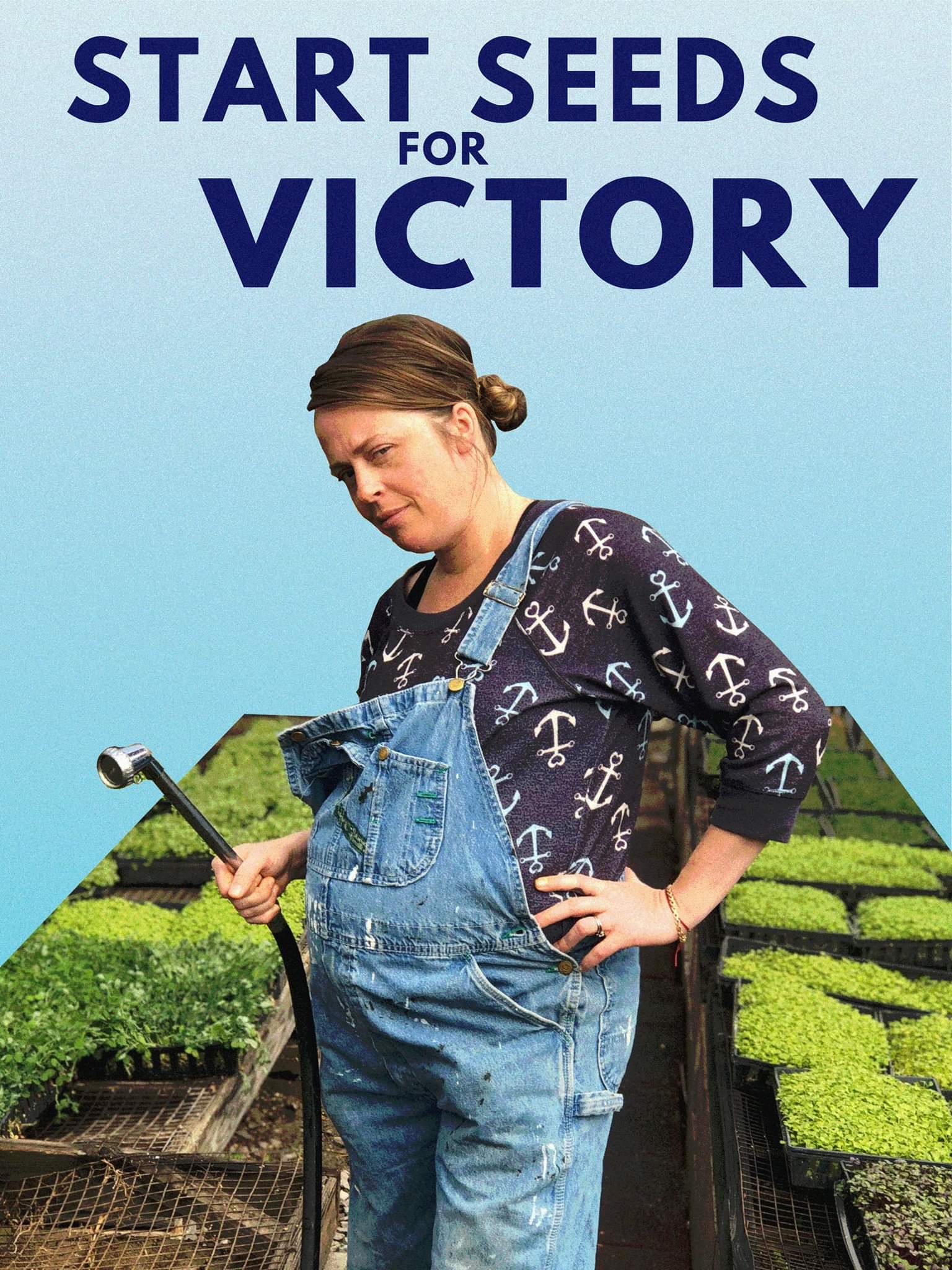As spring trickles into the Ohio Valley, most residents remain isolated in their homes. It can be difficult and frustrating, but there’s one thing we can do right now: garden. Many people are already preparing established garden beds from years past, but you don’t have to be a master gardener to start a new one, and you don’t even have to have a yard. Most people have a spot somewhere on their property, whether it’s a rooftop or a sun porch or even a windowsill, where food can be grown.
To this end, the WVU Extension Service’s Family Nutrition Program annually offers free seeds to West Virginians through its Grow This! West Virginia Garden Challenge. The idea is to engage more West Virginians in the time-honored tradition of gardening. Most years, a few thousand people take advantage of the program. This year, with the coronavirus pandemic in full force and residents uncertain about the future, 25,000 West Virginians have requested and received seeds.
Here in Wheeling, Grow Ohio Valley has begun a supplemental campaign: the Ohio Valley Victory Gardens Campaign. It’s a throwback to the early part of the 20th century, when Americans took to the soil during times of war and hardship. In 1918, the National War Garden Commission encouraged people to grow as much as they could to help prevent starvation due to limited food supply. It was considered a civic duty. After the war, these war gardens became victory gardens, and until the coronavirus pandemic, the movement had fallen by the wayside. Now, with the concern for exposure on our minds when we go to the store, the idea of a homegrown food source makes perfect sense.
Danny Swan, executive director of Grow Ohio Valley, is excited about the increase in gardening in the last decade.
“There’s unprecedented interest in gardening, definitely in my lifetime unprecedented,” he said. “Gardening is a great way to get out, get outside and do something healthy and fun with your family in a kind of socially distant way that doesn’t violate social distancing.”
Swan added that gardening connects people to the land. It’s active and productive, and the fruits of labor are both rewarding and nutritious. Children, in particular, find joy in the simple act of planting.
AVAILABLE TO EVERYONE
According to Swan, though the Extension Service has shut down the free seed program for the time being, residents can still get help if they need it.
“If you’re in Ohio or Marshall County, Facebook message us at Grow Ohio Valley. That’s for the time being, until … extension can get the portal back up and functioning again. Just send Grow Ohio Valley a Facebook message and it will coordinate with extension to make sure that resources are available,” he said.
Additionally, SNAP recipients can use their funds to buy both seeds and plants. According to Amy Jo Hutchinson of Our Future West Virginia, a nonprofit advocating for economic, educational and racial justice around the state, the pandemic has inspired a new perspective in her thinking about SNAP recipients.
“Before the coronavirus shutdown, I heard a lot of moans about why SNAP recipients weren’t growing their own food when they could use the benefits to purchase seeds,” she said. “My response was always, ‘They’re hungry now and don’t want to wait three months for a tomato.’”
It was a valid point. But when Hutchinson received seeds from WVU Extension, she realized the potential hidden within these difficult times.
“I’ve thought a lot throughout these weird days about the things I could do when we return to ‘normal’ that would help me to sustain my family during the next emergency, and … growing our own food and bringing back canning is high on that list,” she said. “This might be the perfect time/opportunity to start having that conversation with SNAP recipients. Not only would we know that there was food in our home, but we would know where it came from, how it was grown, and not have to spend as much money at the grocery store throughout the year if we had filled our pantries ourselves. Now’s the time for us to really think about what we could do proactively to prepare our families to be self-sustaining the next time an emergency pops up.”
A WEST VIRGINIA TRADITION
Swan believes that the residents of our state are tough and determined, a perfect population to take up the Victory Garden Challenge. Digging in the dirt is in our heritage.
“It’s a pretty near-cultural memory in West Virginia. It’s not like New York City where it’s been urban forever. Probably just about all of our parents garden, or at least our grandparents. It’s certainly part of the culture here that isn’t that distant to revive,” he said.
In keeping with cultural memory, Grow Ohio Valley has released a series of fun photos reminiscent of Life Magazine’s 1943 victory garden images. The modern take on the classic pictures is designed to generate interest in the Ohio Valley Victory Garden Campaign, and to direct people to the eponymous Facebook group. Members can ask questions, share accomplishments and resources, and build a sense of community, even from a necessary distance.
Your victory garden doesn’t have to be a field of tomatoes, corn and squash. It may be a bucket where you grow lettuce or a windowsill for basil. Gardening offers something for everyone, and in these uncertain times, tending to new life is a great way for the Ohio Valley to come together.
• Laura Jackson Roberts is an environmental writer and humorist in Wheeling, West Virginia. She holds an MFA in creative writing from Chatham University and serves as the Northern Panhandle representative of West Virginia Writers. Her hobbies include hiking, travel and rescuing homeless dogs. Visit her at laurajacksonroberts.com.


